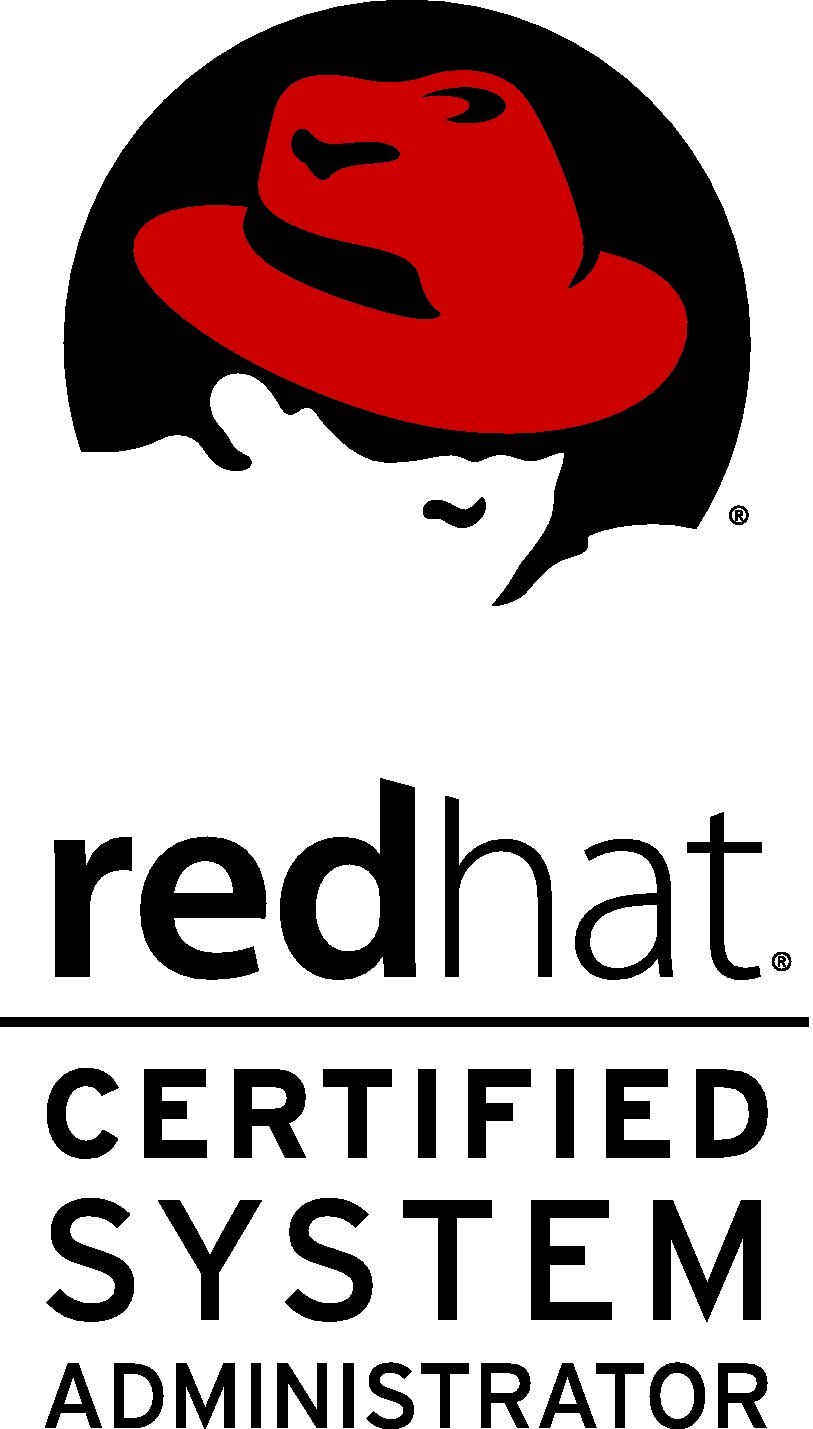Road to the RHCSA: Week 3
 Darnell W.
Darnell W.
To review my week 2 post, click Here.
Going into this week, I am seeking to further build on the foundation that I have set up last week to go further into the study materials.
Monday: User & Group Management
Today, I focused on user & group management. User and group management is a fundamental aspect of Linux system administration, pivotal in maintaining security, access control, and resource management. Linux offers a comprehensive set of tools and commands to create, modify, and manage users and groups effectively. Administrators can use commands like useradd and userdel to add and delete users, while tools like usermod enable modifications to user attributes such as login shell or home directory. Group management is equally essential, with commands like groupadd and groupdel facilitating the creation and deletion of groups, while groupmod allows administrators to modify group properties. This granular control over user and group management ensures a secure and organized system environment, crucial for maintaining data integrity and system stability.
Furthermore, Linux provides robust mechanisms for user permissions and access control through file permissions, ownership, and group memberships. Administrators can assign specific permissions to files and directories, control access based on user or group memberships, and enforce security policies to restrict unauthorized access. This fine-grained control empowers administrators to tailor access privileges according to organizational requirements, ensuring data confidentiality, integrity, and availability. Overall, mastering user and group management in Linux is essential for efficient system administration, enabling administrators to maintain a secure, organized, and optimized computing environment.
Tuesday: " System Maintenance"
Due to a medical procedure I am undergoing, this is a day I will makeup over the weekend.
PSA: Always get your annual check-up.
Wednesday: Files, Files, & More Files
Today, I went into a deep dive into file permissions. Permissions are a cornerstone of system security, governing access to files and directories for users and groups. Each file and directory in Linux is associated with three types of permissions: read, write, and execute, denoted by the symbols r, w, and x, respectively. These permissions are assigned to three categories of users: the file owner, the group owner, and others. The chmod command is instrumental in modifying file permissions, allowing administrators to grant or revoke specific permissions based on user or group memberships. Additionally, the chown and chgrp commands enable administrators to change the file owner and group owner, further enhancing access control and security.
Understanding and managing file permissions is paramount for maintaining data confidentiality, integrity, and availability in Linux systems. By carefully assigning permissions, administrators can control who can view, modify, or execute files, preventing unauthorized access and potential security breaches. Furthermore, combining file permissions with user and group management techniques enhances security posture, ensuring that only authorized users and groups have the necessary access privileges. This proactive approach to file permissions not only safeguards sensitive data but also contributes to a robust and secure computing environment in Linux.
Thursday & Friday: System Reboot
Thursday & Friday, I was simply not engaged in conducting my studies on either of these days. I had difficulties focusing just in my initial 45 minute session on both days. It was frustrating to say the least by wanting to get it done, but it simply wasn't there.
Weekend:
To conclude this week, I will take the weekend to regroup from the hectic week of maintaining my health, and improving in how to maintain consistency in my study routine.
The Following topics I will cover the following next weekend
Configuring & Securing SSH
Managing Processes
Subscribe to my newsletter
Read articles from Darnell W. directly inside your inbox. Subscribe to the newsletter, and don't miss out.
Written by
